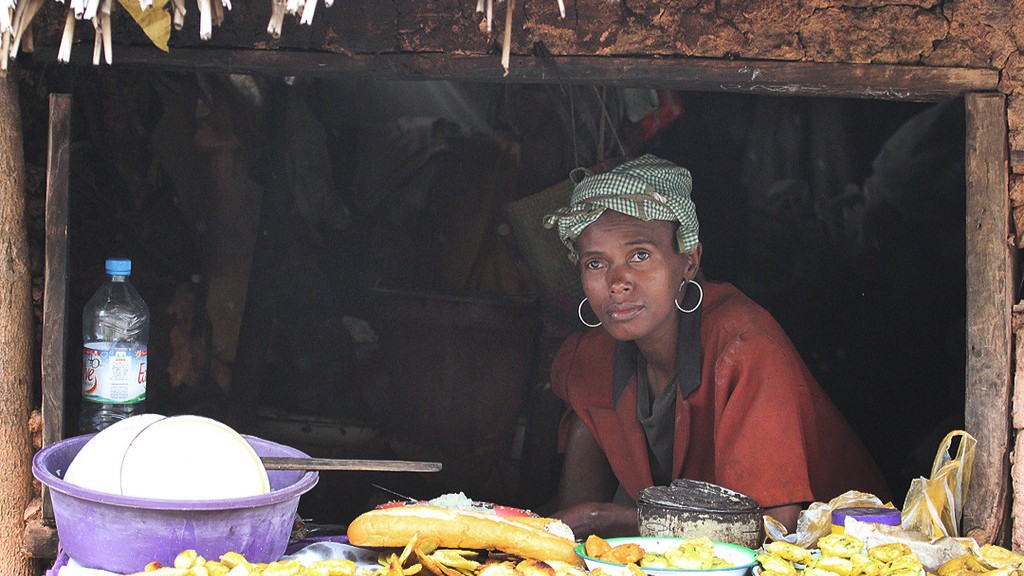MIGRATION PATTERNS OF PEOPLE FROM MADAGASCAR
Madagascar, the large island nation off the southeastern coast of Africa, is not only known for its unique wildlife and stunning landscapes, but also for its people. Over the years, many Malagasy individuals and families have chosen to migrate from their homeland in search of opportunities and a better quality of life. Let’s explore the various destinations where people from Madagascar migrate to and the factors that influence their decisions.
Background Information
Madagascar, with a population of over 26 million people, faces numerous challenges that contribute to the migration of its citizens. Factors such as political instability, economic struggles, environmental issues, and limited access to quality education and healthcare services have led many Malagasy individuals to seek alternative solutions abroad.
Historically, France, the former colonial power in Madagascar, has been a primary destination for Malagasy migrants. Due to linguistic and historical ties, many individuals choose France as their first choice for migration. However, with time, migration patterns from Madagascar have diversified, and people now migrate to various countries across the globe.
Migration Destinations
1. France: Despite the changing migration trends, France remains an important destination for Malagasy migrants. The familiarity of the French language and cultural ties continue to attract many individuals to this European nation. France offers better economic opportunities, social benefits, and access to education and healthcare for Malagasy migrants.
2. Reunion Island: Located in the Indian Ocean, Reunion Island is an overseas department of France. Its proximity to Madagascar makes it an appealing choice for migration. Many Malagasy individuals see Reunion Island as a stepping-stone towards France. The migration to Reunion Island allows them to benefit from French systems and eventually pursue further opportunities within mainland France.
3. Comoros: Comoros, a neighboring island nation, has also emerged as a popular destination for Malagasy migrants. The close proximity and cultural similarities between the two countries make migration to Comoros an attractive choice. Some individuals seek better job prospects, while others look for political stability and improved living conditions.
4. South Africa: South Africa, a diverse and economically developed country, attracts migrants from various African nations, including Madagascar. Migrants often move to South Africa for better economic opportunities and career prospects. The proximity of Madagascar to South Africa makes migration more convenient for Malagasy individuals.
5. Canada: While relatively less common compared to the previous destinations, migration to Canada has gained popularity among Malagasy individuals in recent years. Canada’s welcoming immigration policies, robust healthcare and education systems, and diverse employment opportunities are some of the factors that attract migrants from Madagascar.
Factors Influencing Migration Decisions
The decision to migrate is complex and influenced by a wide range of factors. Some of the key factors that play a role in the migration decisions of people from Madagascar include:
1. Economic Opportunities: Limited job prospects and low wages in Madagascar push many individuals to seek better economic opportunities in other countries. They hope to provide for their families and enjoy a higher standard of living.
2. Political Stability: Political instability and unrest in Madagascar can drive people to migrate to more politically stable countries where they can live in peace and security.
3. Education and Healthcare: Limited access to quality education and healthcare services in Madagascar can push individuals, especially parents, to seek migration to countries with better educational and healthcare systems for their children’s future.
4. Family Reunification: Some individuals choose to migrate to be reunited with family members who have already settled in other countries. The desire to be with loved ones and build a life together serves as a significant motivator for migration.
5. Environmental Factors: Environmental challenges such as cyclones, droughts, and deforestation in Madagascar can also contribute to migration decisions. Individuals may seek more stable environments and escape the impacts of climate change.
Expert Perspectives
According to migration experts, the diversification of migration patterns from Madagascar highlights the changing dynamics and aspirations of the Malagasy population. They emphasize the need for targeted policies to address the root causes of migration, including poverty reduction, political stability, and investment in education and healthcare systems within Madagascar.
Furthermore, experts suggest that fostering economic growth and job creation opportunities within Madagascar itself can help mitigate migration pressures. Encouraging public-private partnerships, promoting entrepreneurship, and investing in sectors with high employment potential can provide individuals with viable options to thrive within their homeland.
Personal Insights
As we reflect on the migration patterns of people from Madagascar, it is essential to acknowledge the complex factors behind these decisions. Individuals and families weigh the pros and cons of leaving their homeland, holding onto cultural ties while seeking better opportunities elsewhere. While migration brings potential benefits, there is also the loss of one’s familiar environment and separation from loved ones.
The impact of migration extends beyond individuals and families. It encompasses the economies of both Madagascar and the destination countries. The skills and experiences gained by migrants can contribute to economic growth in their host nations, but there is also the risk of brain drain, where essential talents and knowledge leave Madagascar, hindering its own development.
Ultimately, a holistic approach is necessary to address migration challenges comprehensively. This includes efforts to address the root causes of migration within Madagascar, while also fostering integration and support for migrants in their new homes. By investing in education, healthcare, infrastructure, and sustainable economic development, Madagascar can offer its citizens a brighter future, reducing the need for migration.





